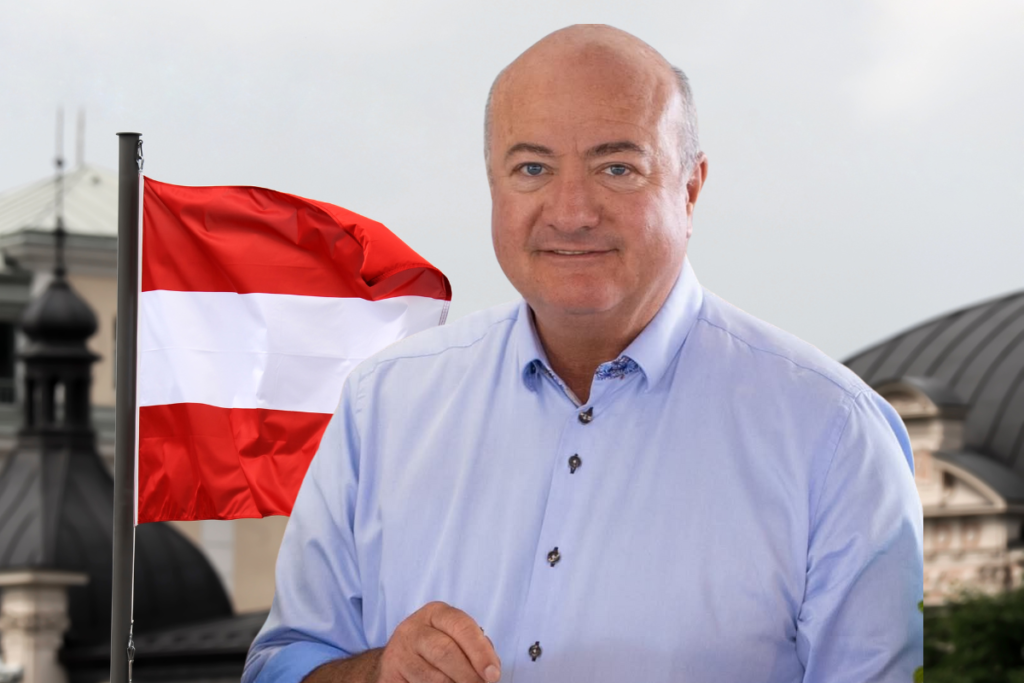Nigel Farage, the leader of Reform UK, has confirmed he has forgiven party chairman Zia Yusuf following a public disagreement over the sensitive topic of banning the burka. The row erupted when Reform UK candidate Sarah Pochin called for a ban on burkas, a proposal that was not part of the party’s official platform. Yusuf, a prominent Muslim businessman and influential donor within the party, publicly criticized Pochin’s comments as “dumb,” which led to his abrupt resignation.
Yusuf’s departure was met with mixed reactions. Some members of Reform UK expressed concern that the party was pushing away its more moderate voices, while others accused Yusuf of overstepping party lines. The situation intensified further when Nathaniel Fried, another senior member responsible for reform strategy, also resigned in solidarity with Yusuf. The public fallout raised serious concerns about internal cohesion and discipline within the party ranks.
However, just two days after his resignation, Yusuf retracted his decision, explaining that his resignation had come in the heat of exhaustion and deep frustration. Nigel Farage, who had initially expressed disappointment in Yusuf’s public criticism, welcomed his return. In a statement, Farage emphasized the need for unity and understanding, acknowledging the importance of having diverse viewpoints in a modern political movement.
The controversy has not only highlighted internal challenges within Reform UK but also sparked broader debates about religious freedom, integration, and national identity in the UK. Yusuf later admitted that his intervention had been an error in judgment and indicated that he might have supported a broader ban on face coverings in public if framed correctly under national policy. His statement attempted to strike a balance between cultural sensitivity and national security, though it drew mixed reactions from both supporters and critics.
Farage’s decision to reinstate Yusuf, now in a refined executive role, underscores the party’s recognition of Yusuf’s organizational influence and his value as a moderate, stabilizing presence. The move signals a possible pivot for Reform UK toward a more inclusive, strategically nuanced approach as it prepares for the next general election. Whether this truce will lead to long-term harmony remains uncertain, but it does reveal Farage’s evolving leadership style, one that seeks to blend strong convictions with political pragmatism in an increasingly polarized climate.



